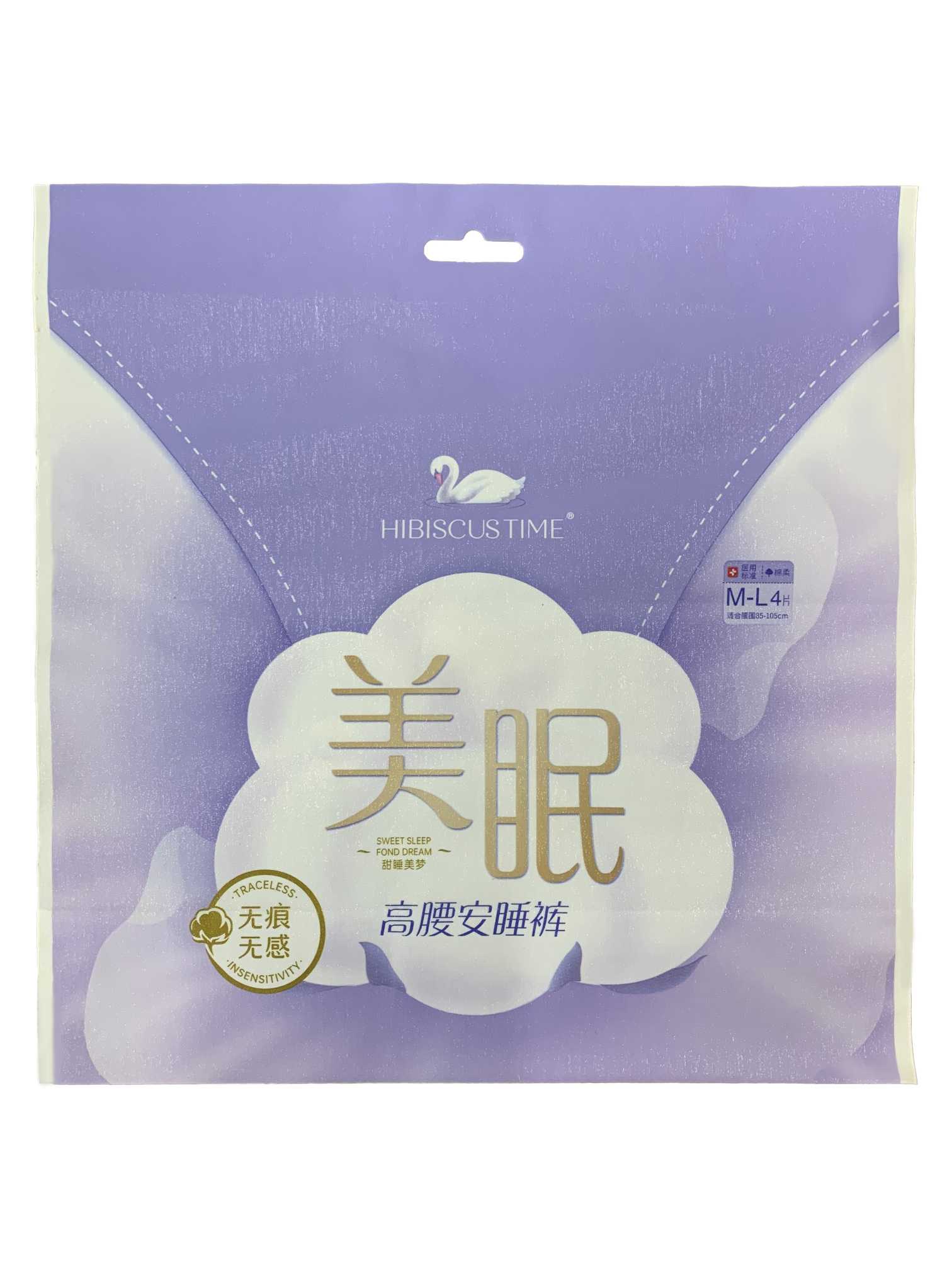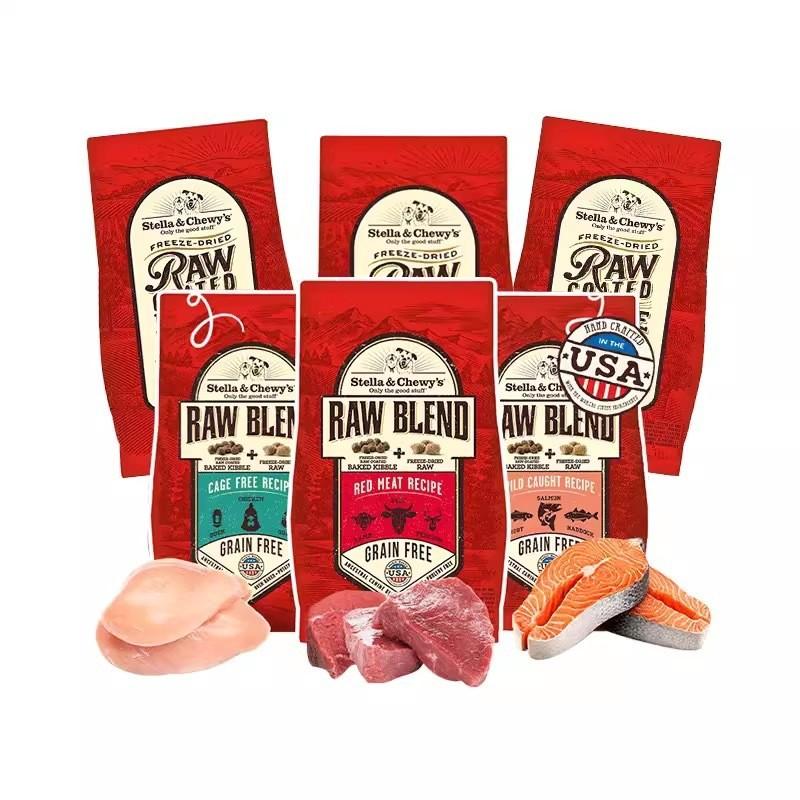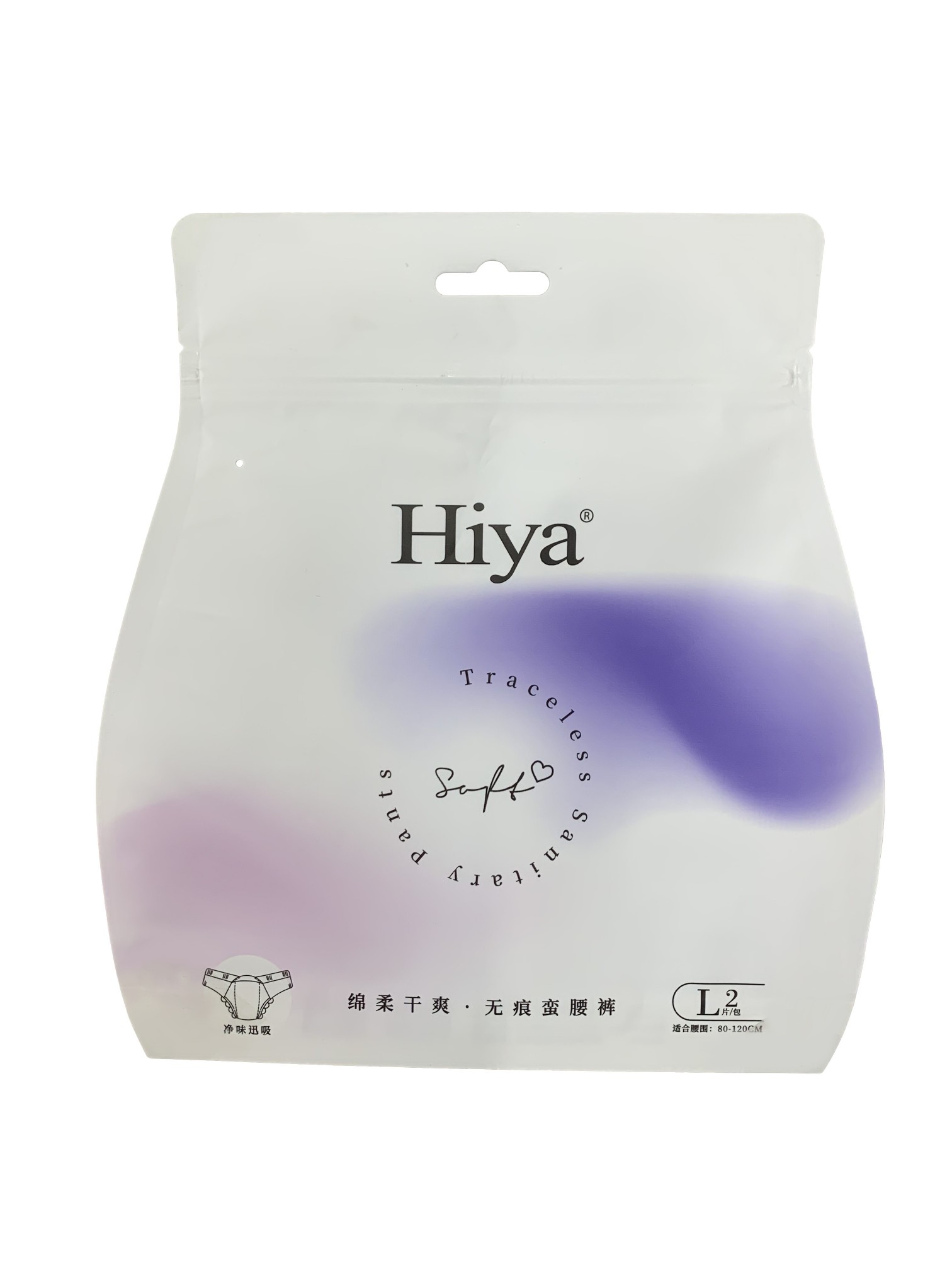Author:Tansox Packaging Poly Bags Manufacturer TIME:2025-04-02
Custom printed resealable food bags are increasingly becoming a popular choice in packaging due to their convenience, functionality, and ability to be personalized for branding. These bags offer a perfect solution for consumers looking for portable, reusable, and protective food packaging options. As the demand for eco-friendly alternatives continues to grow, the question arises: Are custom printed resealable food bags truly eco-friendly? In this article, we will explore the environmental impact of these bags, discussing their materials, recyclability, and potential benefits and drawbacks in the context of sustainability.
Custom printed resealable food bags are made from a variety of materials, most commonly plastic or laminated materials that provide durability and protection against moisture and contaminants. The resealable feature, typically a ziplock or similar mechanism, ensures that the food inside remains fresh and protected from external elements. The custom printing option allows companies to brand the packaging, offering an opportunity for personalized designs, logos, and messaging. While these bags are designed with consumer convenience in mind, it’s important to assess their environmental impact to determine if they align with sustainability goals.
The materials used to manufacture custom printed resealable food bags play a significant role in determining their environmental footprint. Traditional bags are made from plastic, which can be a major contributor to pollution. Common types of plastic used include polyethylene (PE), polypropylene (PP), and polyethylene terephthalate (PET). These materials offer benefits such as being lightweight, durable, and inexpensive, but they also pose challenges in terms of recycling and environmental impact.
Many custom printed resealable food bags also feature laminated layers, which combine different materials like foil, plastic, and paper. While this provides extra strength and protection for the contents, it complicates the recycling process. Multi-layered materials can be difficult to separate, making it hard for recycling facilities to process them efficiently.

One of the main concerns surrounding custom printed resealable food bags is their recyclability. Many of the materials used in these bags are technically recyclable, but the reality is that not all recycling programs accept them. For example, polyethylene and polypropylene are recyclable, but only certain facilities are equipped to handle these materials. Additionally, the printing on the bags, particularly if it involves inks or other chemical treatments, may render the bags non-recyclable in some regions.
Another challenge lies in the fact that many consumers do not dispose of their plastic bags properly. Improper disposal of plastic bags can lead to environmental pollution, particularly in oceans and waterways. Bags that are not disposed of correctly may take hundreds of years to decompose, contributing to the growing issue of plastic waste.

Plastic packaging, including custom printed resealable food bags, has become a significant environmental concern due to its widespread use and slow decomposition rate. According to environmental studies, plastic bags are one of the top contributors to global plastic pollution. Each year, millions of tons of plastic end up in landfills or the ocean, harming wildlife and ecosystems.
In the context of food packaging, plastic can also be harmful because it often contains harmful chemicals, such as phthalates and bisphenol A (BPA), which can leach into food and pose health risks to consumers. These chemicals can disrupt endocrine systems, leading to long-term health consequences. The environmental and health concerns related to plastic packaging are a major driving force behind the search for more sustainable alternatives.

As the demand for eco-friendly products increases, manufacturers are exploring alternative materials for custom printed resealable food bags that have less environmental impact. Some companies are turning to biodegradable plastics, such as polylactic acid (PLA), which are made from renewable resources like corn starch or sugarcane. These materials decompose more quickly than traditional plastics and are considered more environmentally friendly.
Another potential alternative is using paper-based packaging. Paper bags, often lined with a biodegradable coating, can offer similar benefits to plastic bags while being more easily recyclable or compostable. Some companies are even experimenting with edible packaging, which could completely eliminate the need for plastic waste in food packaging.
While these alternatives are promising, there are still challenges to their widespread adoption. For instance, biodegradable plastics may require specific conditions to break down, and they may not decompose efficiently in all environments. Similarly, paper-based bags may not provide the same level of durability and moisture resistance as plastic, making them less suitable for certain types of food products.
Consumers also play an essential role in the environmental impact of custom printed resealable food bags. Recycling behavior is a key factor in determining how eco-friendly a product is. Educating consumers about proper disposal and recycling practices can help mitigate some of the negative effects of plastic packaging. Encouraging the reuse of resealable bags, especially for non-food-related purposes, can also help reduce the demand for single-use plastic packaging.
Moreover, some companies are offering incentives for customers to return used bags for recycling or reuse. This helps close the loop in the packaging lifecycle and ensures that fewer bags end up in landfills. Additionally, companies that prioritize sustainable packaging materials and work to reduce their environmental footprint can set an example for others in the industry, pushing for broader change.
Custom printed resealable food bags offer convenience and functionality, but their environmental impact cannot be ignored. While some bags are recyclable, many end up in landfills or oceans due to improper disposal, complicating efforts to reduce plastic pollution. The materials used in these bags, including multi-layer plastics and printed inks, further contribute to challenges in recycling and sustainability. However, with growing awareness of the environmental impact of plastic packaging, manufacturers are exploring sustainable alternatives like biodegradable plastics and paper-based packaging, which show promise for a more eco-friendly future.
Ultimately, whether or not custom printed resealable food bags are eco-friendly depends on factors like their material composition, recycling practices, and consumer behavior. By focusing on more sustainable materials and promoting better recycling practices, it is possible to reduce the environmental footprint of these popular packaging solutions. As consumers, businesses, and governments work together to address plastic waste, the future of food packaging may look much greener.